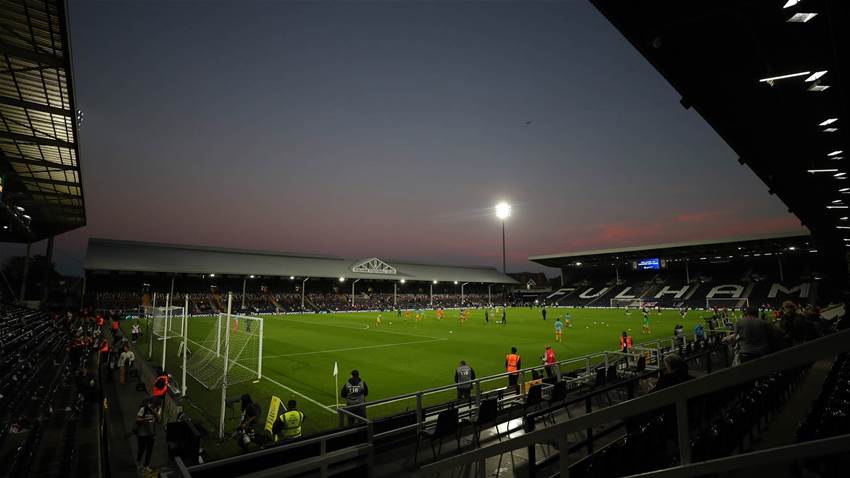A late Clare Polkinghorne header saw the Matildas snatch a 1-1 draw against World No. 3 England at London’s Craven Cottage early this morning.
3. There’s no substitute for professionalisation
 Heading into the first friendly against France, it was understood that several Matildas were carrying small injuries. These niggles undoubtedly contributed to the underwhelming performances of some players.
Heading into the first friendly against France, it was understood that several Matildas were carrying small injuries. These niggles undoubtedly contributed to the underwhelming performances of some players.
Their busy schedules – juggling between national team duty and various club competitions in Australia and abroad – meant they hadn’t been given enough time to rest their minds and bodies. Indeed, rest is one of the main reasons several key Matildas did not even make the trip.
This is not a new problem for Australia’s women footballers, but it is a problem that will get worse if it is not addressed within the next few years. The vast majority of the England and France players now ply their trade in fully professional leagues, meaning they aren’t forced to travel around the world chasing contracts to keep their careers afloat.
Professional contracts and conditions mean these players can train and recuperate in a manageable cycle and environment, which translates into a higher competition for national team places and more consistent performances. Giving the Matildas similar time and support to rest and repair in the lead-up to major tournaments like the World Cup should be a top priority.
Football is a short game, but the time that goes into preparing for those 90 minutes is extensive, spanning from months to years. With the increased interest and investment in women’s football around the globe, it’s important that Australia is not left behind if we want to remain competitive on the international stage.
4. The kids are alright
 Despite the aforementioned issues that extend far beyond these recent friendlies, this morning’s match against England was not all doom and gloom.
Despite the aforementioned issues that extend far beyond these recent friendlies, this morning’s match against England was not all doom and gloom.
Amy Sayer, 16, impressed in her starting debut in midfield, looking sharp and comfortable on the ball, and providing some much-needed attacking thrust through the central channels.
Sayer’s Sydney FC teammate, 18-year-old Princess Ibini was also full of legs, applying pressure to the England defence and attacking down the right wing. Twice Ibini got in behind her defender and forced two big saves by England goalkeeper Mary Earps.
Mary Fowler, 15, was given a solid 25 minutes to impress the England crowd, which she did almost immediately, sending a rocket over the crossbar after turning experienced centre-half Steph Houghton.
And despite a rocky first half, 18-year-old right full-back Ellie Carpenter came alive in the second, charging upfield and forcing Earps into a fingertip save that led to the equalising corner.
In a team that looked tired and out of ideas at times, these young guns brought spark and unpredictability. The Matildas are not unusual for ‘blooding’ young players, but it is how these bright talents are nurtured and supported in the next few years that will be key to their future successes.
Related Articles

'Timing not right': Montemurro's verdict on Matildas vacancy

Matildas: 'Fourth at the Olympics is honestly the worst place you could come'
.jpg&h=172&w=306&c=1&s=1)












